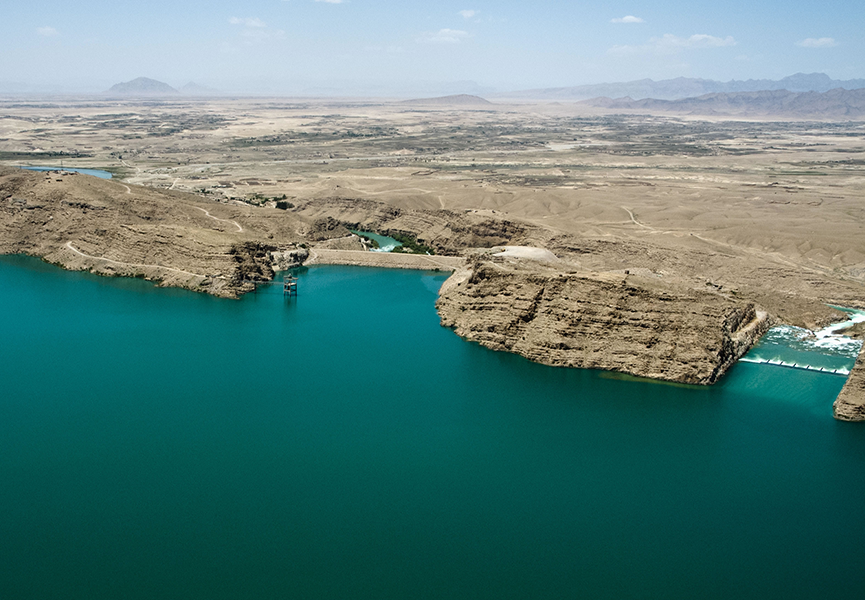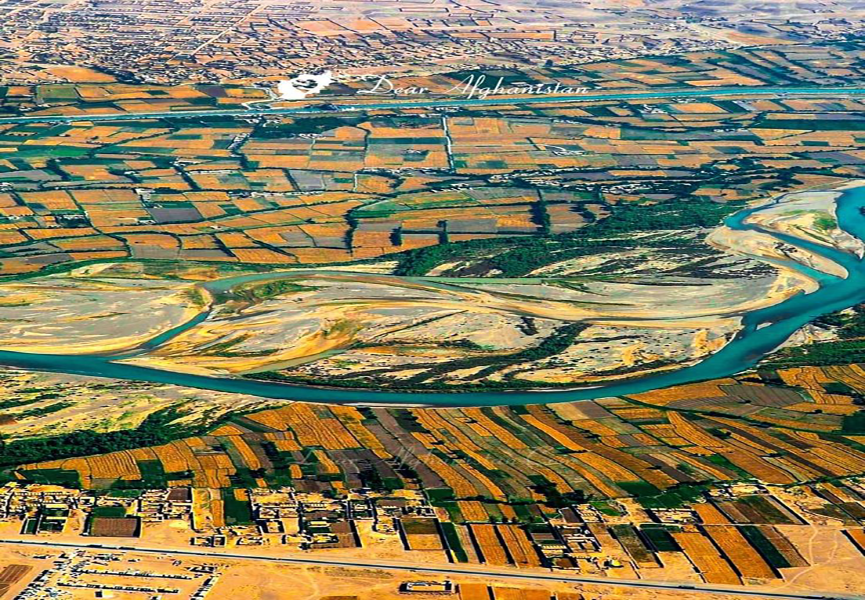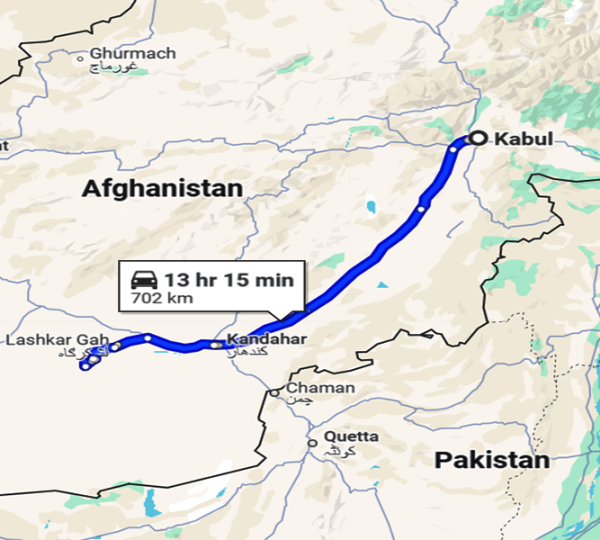Helmand
Overview
Helmand is located in southwestern Afghanistan and is the largest province in the country by land area. Known for its vast desert landscapes and river valleys, Helmand is primarily an agricultural province. The Helmand River, Afghanistan’s longest river, flows through the province, providing essential irrigation for crops, especially poppies, making Helmand a major producer of opium. The province has experienced significant conflict due to its strategic location and its agricultural and natural resources. With its rich cultural heritage, Helmand has a predominantly Pashtun population, with deep-rooted tribal traditions.
Cuisine and Specialties
- Lamb and Rice Dishes: Rice dishes like Kabuli Pulao (rice with lamb, carrots, raisins, and spices) are common, enjoyed with a regional twist.
- Bolani: This stuffed flatbread with fillings like potatoes, greens, or pumpkin is a staple snack in Helmand.
- Lamb Kebabs: Helmand is known for its delicious grilled lamb kebabs, seasoned with local spices and served with naan.
- Fresh Dairy Products: Due to the pastoral lifestyle in many rural areas, locally made yogurt, cheese, and buttermilk are common staples in Helmand households.

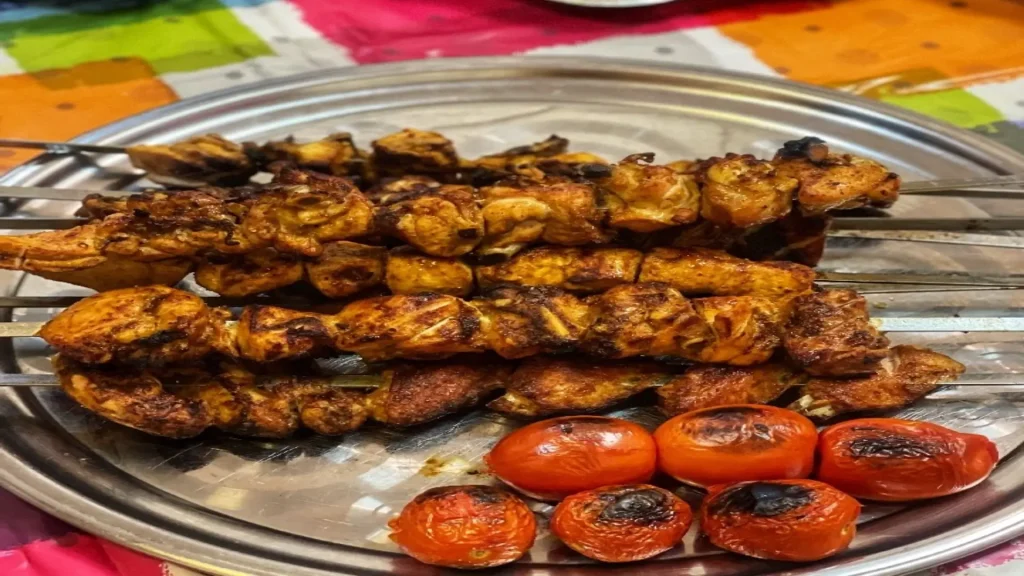
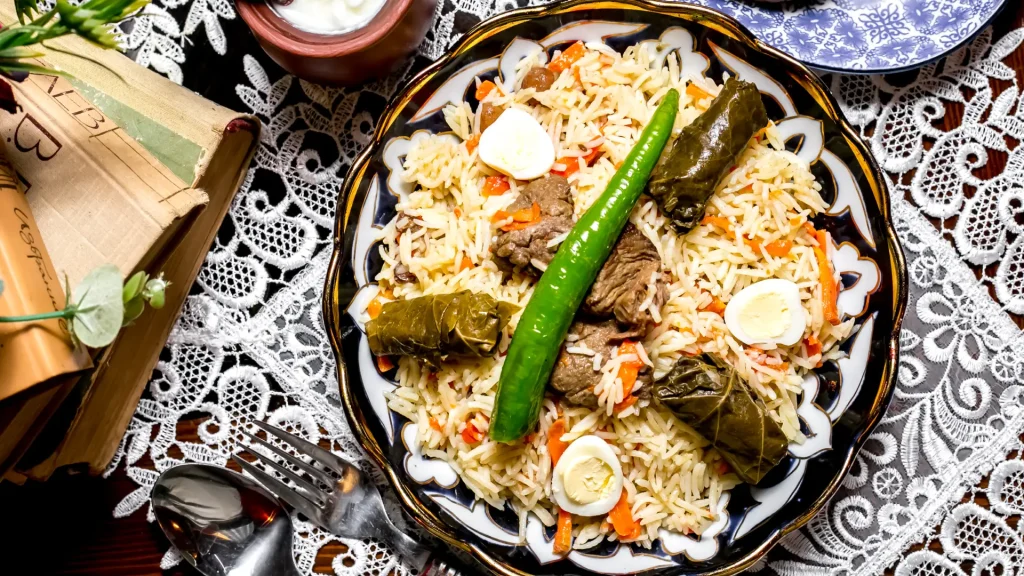
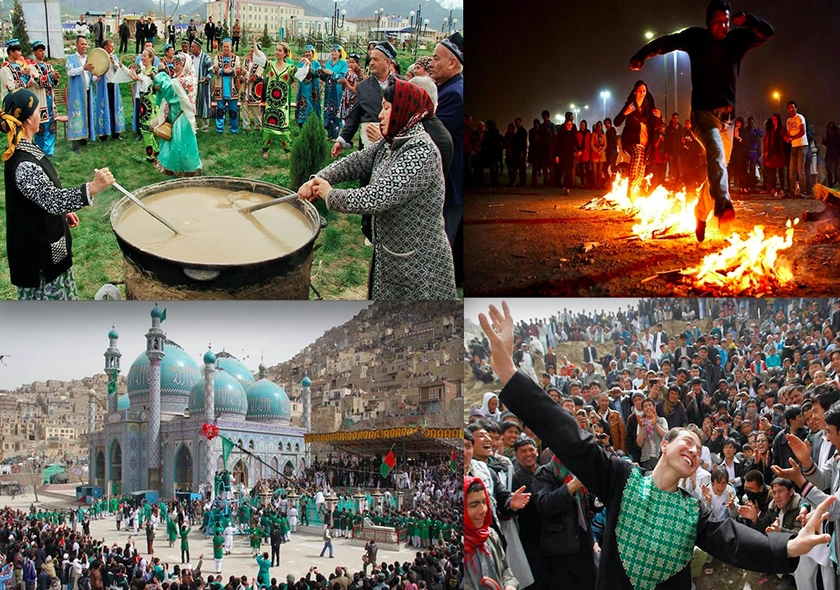
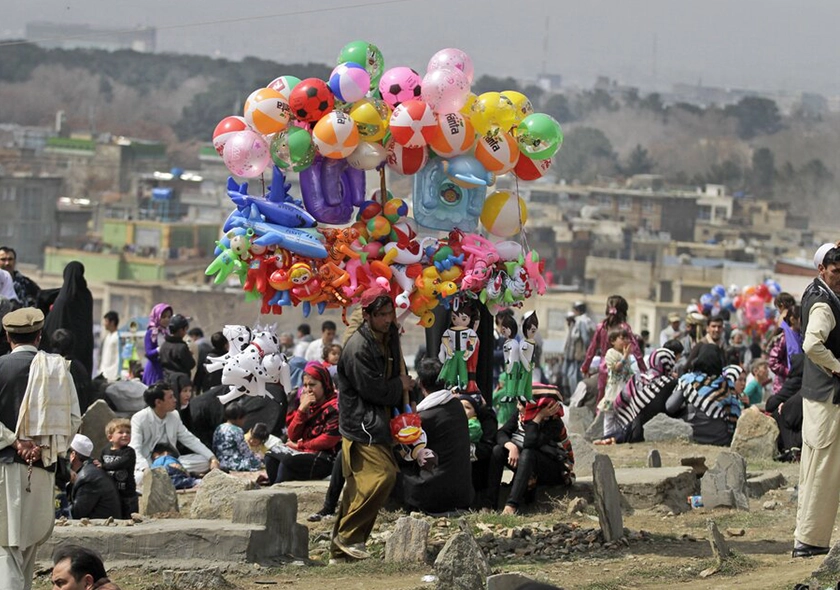
Festivals and Cultural Events
Helmand’s residents observe Islamic festivals such as Eid al-Fitr and Eid al-Adha with family gatherings, feasting, and communal prayers. While public festivals are limited due to security concerns, traditional Pashto folk music, poetry gatherings, and storytelling are common in smaller settings. During the harvest season, local communities celebrate through family gatherings, sharing seasonal produce, and hosting traditional Attan dance performances. Helmand Province, with its iconic river, vast deserts, and deep-rooted Pashtun culture, represents both the challenges and resilience of rural Afghan life. Its agricultural richness, historical landmarks, and cultural heritage make it a significant province in Afghanistan’s southwestern region.

